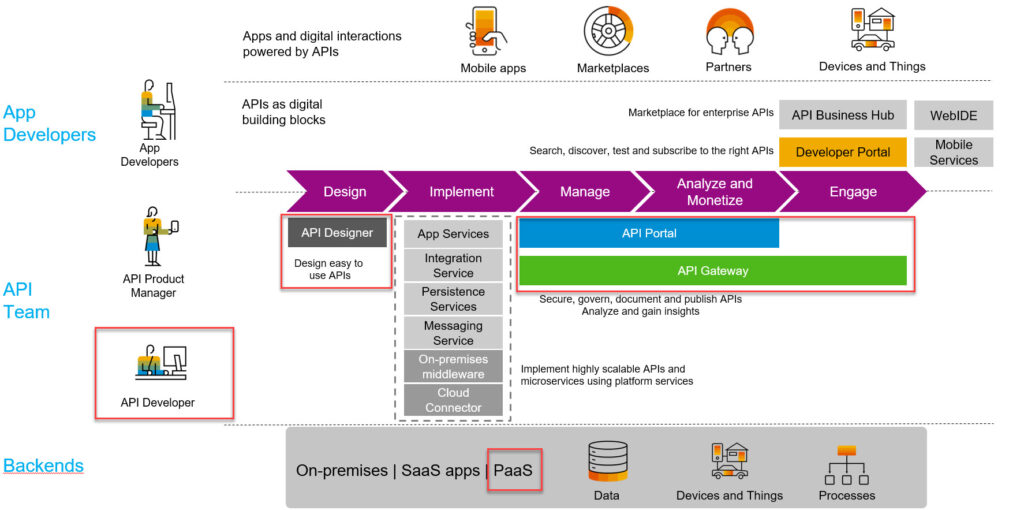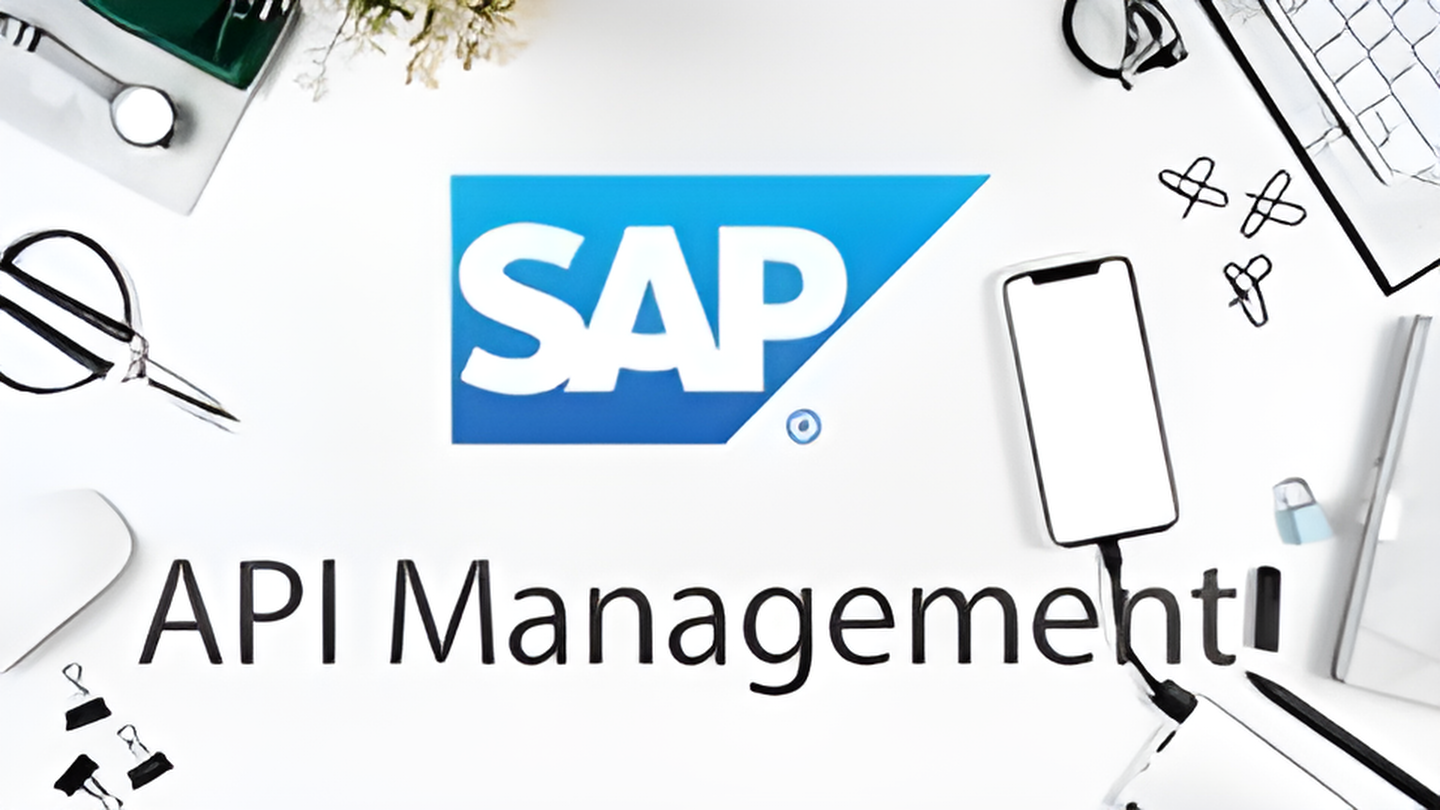In today’s digital-first world, enterprises operate with a multitude of applications, databases, and cloud services. However, ensuring seamless communication among these diverse systems remains a challenge. SAP API Management provides a robust solution to this problem, allowing organizations to design, secure, analyze, and manage APIs efficiently. By implementing a centralized API management strategy, businesses can optimize data flow, enhance security, and foster innovation while ensuring scalability.
Understanding SAP API Management
SAP API Management is a cloud-based solution that enables businesses to expose, monitor, and manage their APIs. APIs serve as bridges between different software applications, facilitating data exchange and integration. By providing a structured way to create and govern APIs, SAP API Management ensures interoperability across heterogeneous IT landscapes.

APIs are no longer just technical connectors; they have evolved into key business enablers. With API-driven architectures, organizations can unlock new business models, provide self-service developer portals, and create seamless omnichannel experiences. SAP API Management acts as the backbone of these integrations, offering tools to handle authentication, monitoring, security policies, and lifecycle management.
Key Features and Benefits
Security Enhancements
One of the critical concerns of API exposure is security. SAP API Management incorporates several layers of security to safeguard data transmission and access:
- Supports industry-standard authentication protocols such as OAuth 2.0, SAML, and API keys.
- Implements traffic management policies to prevent denial-of-service (DoS) attacks.
- Allows encryption and tokenization to protect sensitive data in transit and at rest.
Robust security policies are essential for businesses handling sensitive customer and financial data. A single vulnerability can compromise entire enterprise systems.
Scalability and Performance Optimization
Organizations need API management solutions that scale with their growing workloads. SAP API Management offers:
- Built-in caching mechanisms to improve response times.
- Rate limiting to prevent server overload.
- Traffic distribution across multiple servers for optimal performance.
Developer Engagement and API Monetization
SAP API Management includes a developer portal that acts as a central hub for API documentation, testing, and subscription management. This fosters:
- Faster API adoption among internal and external developers.
- Monetization opportunities through API-based business models.
- Support for open innovation by allowing third-party integrations.
Analytics and Monitoring Capabilities
Understanding API usage patterns is crucial for optimizing performance. SAP API Management provides:
- Real-time dashboards for tracking API traffic and error rates.
- Comprehensive logs for debugging and troubleshooting.
- Custom reports to analyze performance trends over time.
Real-World Applications
Banking and Financial Services
Financial institutions leverage APIs to integrate payment gateways, fraud detection systems, and mobile banking applications. SAP API Management ensures that these integrations are secure and compliant with financial regulations such as PSD2.
Retail and E-Commerce
Retailers use APIs to synchronize product catalogs, manage inventory in real-time, and personalize customer experiences across multiple channels. By centralizing API governance, businesses can maintain data consistency and improve scalability.
Manufacturing
APIs connect IoT-enabled machines on the shop floor with ERP systems, allowing predictive maintenance and automated workflows. SAP API Management enables manufacturers to securely expose IoT data while maintaining control over access.
Healthcare
In the healthcare sector, APIs facilitate electronic health record (EHR) integration, telemedicine platforms, and insurance claim processing. SAP API Management ensures that healthcare APIs comply with HIPAA and other data privacy standards.
Integration with Existing Systems
One of the biggest advantages of SAP API Management is its ability to integrate with both SAP and non-SAP systems. It supports:
- Seamless connectivity with SAP S/4HANA, SAP SuccessFactors, and SAP Ariba.
- Interoperability with third-party applications via RESTful and SOAP APIs.
- Hybrid deployments across on-premise and cloud environments.
Challenges and Considerations
Despite its benefits, implementing SAP API Management is not without challenges:
- Complexity: Managing a large number of APIs across different business units requires careful planning.
- Governance: Defining policies around API access, security, and versioning is essential to avoid fragmentation.
- Change Management: API adoption requires training and a shift in development workflows.
API management is not just about technology—it’s about creating an API-first culture that supports agility and innovation.
Future Outlook
The future of API management is evolving rapidly, with trends such as:
- Increased adoption of AI-powered API analytics for predictive monitoring.
- API marketplaces, enabling businesses to monetize APIs as products.
- Greater emphasis on API security with advanced threat detection mechanisms.
SAP continues to enhance its API Management solution, integrating with emerging technologies like machine learning, blockchain, and serverless computing to support the next generation of digital ecosystems.







